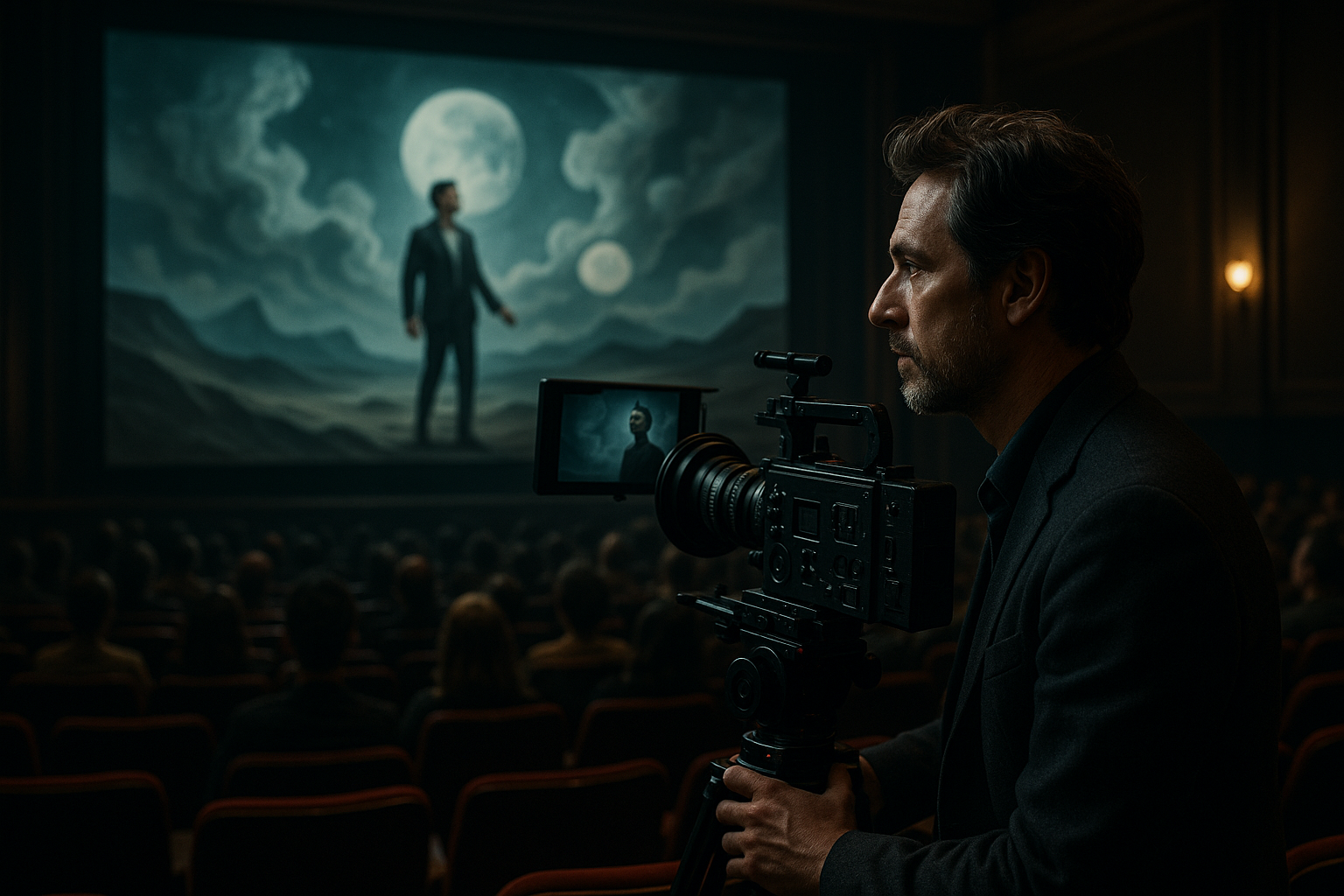Essential First Steps for Launching an Acting Career in a Global Market
Starting an acting career today means thinking beyond one city or country. Performers increasingly train, audition, and collaborate across borders, both online and in person. Understanding how the global industry works, what materials you need, and how to present yourself professionally can help you build a sustainable path in film, television, theatre, and digital media worldwide.

Building an acting career in a global market is both exciting and demanding. Instead of focusing on a single local scene, many performers now work with international casting teams, create self-tapes for remote auditions, and develop skills that translate across cultures and platforms. Knowing the early steps makes it easier to move from interest to a structured, long-term plan.
Understanding the acting landscape
The acting world is made up of many overlapping sectors: film, television, theatre, voice-over, commercials, streaming content, and emerging digital platforms. Each has its own expectations, timelines, and working culture. A stage production might rehearse for weeks before opening, while a commercial shoot can be planned and completed in days.
Actors also navigate different professional structures. Some countries emphasize union membership, while others rely more on informal networks or agency representation. In many places, the same performer moves between independent productions and larger studio projects. Learning how your preferred markets operate – including typical rehearsal practices, audition formats, and working conditions – helps you set realistic goals for your career.
The global nature of the industry means self-taping and online profiles are increasingly important. Casting professionals can review work from almost anywhere, so clear communication, reliable technology, and an understanding of virtual audition etiquette are now core skills for many actors.
How to start an acting career: step-by-step
If you are asking “How to start my acting career: a step-by-step guide,” it helps to break the process into manageable phases. The first phase is education. Formal drama school, private acting classes, workshops, and online courses can all play a role. Techniques such as Stanislavski-based training, Meisner, or improvisation can deepen your craft and build confidence.
The second phase is practical experience. Student films, community or fringe theatre, small independent projects, and carefully chosen unpaid or low-budget roles can provide material for your resume and demo reel. The aim is to learn how sets and rehearsal rooms function, how to take direction, and how to collaborate with crews and fellow actors.
The third phase is professional presentation. This includes high-quality headshots, a clear actor’s resume, and a demo reel that shows your range. At this point, you might also explore representation through agents or managers, depending on how the business works in your region. Researching industry norms, networking at workshops and festivals, and maintaining respectful relationships with casting professionals all support long-term growth.
Finally, there is the ongoing phase: maintaining your skills, wellness, and reputation. Voice and movement training, dialect work, and scene study help you adapt to diverse roles and international projects. Emotional resilience, time management, and reliable communication matter just as much as talent.
Creating your actor’s resume and demo reel
Creating your actor’s resume and demo reel is one of the most concrete early steps. An actor’s resume typically includes your name and contact details, union status where applicable, physical stats, selected film, television, theatre and voice credits, training, and special skills such as languages, musical abilities, or sports.
Keep the document simple and easy to read. Use clear section headings, list the most relevant and recent work first, and avoid exaggerating or inventing credits. If you are just starting, emphasize training, workshops, and any short films or stage projects you have completed. Over time, you can replace early experiences with more substantial roles.
Your demo reel is a short video – often 1–3 minutes – that shows you performing a variety of scenes. Quality matters more than length. Include your strongest on-camera work, clearly labeled with your name. If you do not yet have professional footage, you can create well-produced scenes with collaborators, using scripts written or adapted for that purpose, as long as they look polished and reflect your current abilities.
Working across different markets
Launching an acting career in a global market means understanding how different regions operate. Languages, cultural references, and performance styles can vary widely. Some markets prioritize naturalistic performances, while others embrace more heightened or stylized acting. Watching films, series, and theatre from different countries helps you tune your performance to various expectations.
Language skills are particularly valuable. Being able to work in more than one language, or to perform with accurate accents, can open access to a wider range of projects. Even basic language abilities can help you communicate on international sets and build relationships with colleagues.
Technical adaptability is another key factor. Many international auditions now happen via self-tape or live video calls. Learning how to light yourself clearly, record clean sound, frame the shot, and label files correctly can make remote casting processes more efficient and professional.
Legal and logistical considerations also play a role when working beyond your home country. Visas, work permissions, and travel logistics can shape which projects are practical. Researching general requirements and consulting qualified professionals where necessary can help you plan ahead and avoid delays.
Mindset and ongoing development
Acting careers rarely follow a straight line. There can be long periods focused on training or development, followed by bursts of project activity. A sustainable mindset helps you navigate this reality. Setting process-based goals – such as completing a set number of classes, building a new scene for your demo reel, or improving a specific skill – keeps your focus on what you can control.
Feedback is another essential part of ongoing development. Trusted coaches, directors, and peers can offer perspectives on your work that you may not see yourself. Recording and reviewing your own performances, both in rehearsal and in finished projects, also supports growth.
Taking care of your physical and emotional health is equally important. Warm-ups, vocal care, and rest can reduce the risk of strain, especially during intensive rehearsals or long shooting days. Outside of performance, cultivating interests, relationships, and routines beyond acting can provide stability and perspective.
Building a professional presence
In a global market, your professional presence often begins online. A simple, well-organized actor page or website, plus profiles on reputable industry platforms, can make it easier for collaborators to understand who you are and what you do. Including headshots, resume, demo reel, and basic contact information presents you as prepared and reliable.
Social media can also influence how others perceive your work. Sharing selected behind-the-scenes content, training updates, or short performance clips can demonstrate your commitment, as long as you respect confidentiality agreements and local professional standards. Consistency and professionalism across platforms reinforce trust.
Over time, the combination of skills, materials, and relationships you build becomes the foundation of your acting career. By understanding the acting landscape, following a clear step-by-step path, and keeping your resume and demo reel up to date, you position yourself to participate in a wide range of creative projects across the global industry.




